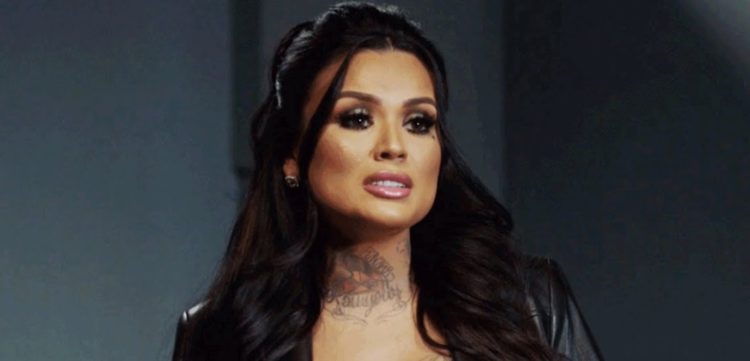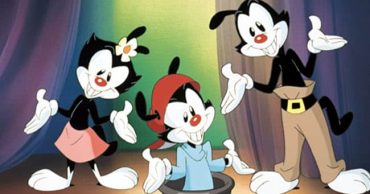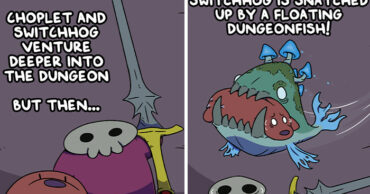
VH1’s Cartel Crew is one of the most controversial things on TV right now. Some people are utterly scandalized by the fact that young people with roots in organized crime are on the small screen as they try to step away from their illegal roots. Many feel that it makes organized crime seem cooler. It’s not the first time a show, miniseries, or movie has shown this world, but should we be watching this? For that matter, should Cartel Crew even be allowed on TV? Detractors certainly think not. Fans are outraged by the idea of booting their favorite guilty pleasure. We’ll take a look at the facts behind this type of programming.
A Deeper Look at The Arguments Against Cartel Crew
Taking on the children of criminal syndicates is certainly almost brave on the surface. Speaking out about seeing programs that glamorize things you think are wrong is your right, but doing so when the people involved on the other end may be dangerous is a risk. Then again, all the young people on this show are publicly trying to move away from their criminal roots to make legitimate lives for themselves. While some people would undoubtedly argue that they seem to come back to the subject often and even glamorize their pasts at times, that’s only debatably a problem. First, we’d like to point out that repressing your past has a way of coming back to bite you later. There’s catharsis in being able to talk about the terrors and traumas of our history. However, most people don’t do so on TV.
Secondly, it’s hard to hide who you are when your parents are famous. It’s not as though a guy named ‘Michael Corleone’ is going to skirt by unnoticed. He could change his name, but is it fair to ask someone to give up their identity for the comfort of others? These people aren’t in witness protection. None of them are facing charges for involvement in crimes as far as we know. Yet they are certainly seeing the backlash from their families’ actions.
Is It Wrong?
If we’re going to ask the question, is it wrong for them to air their opinions and stories on TV, we have to ask the same of the other side. Here in the USA, we allow the KKK to have public parades and burn crosses, and we allow black and Jewish protesters (among many others) to speak out against them. We permit the Westboro Baptist Church to spill their guts online and protest at funerals where others are mourning. Is this very different?
Additionally, we must consider that it’s a slippery slope. Telling one group who may have done wrong, or the people around them, that their voices must stay silent, even with the best intentions, sets a dangerous precedent. If it’s okay to silence the Cartel Crew, then is it also okay to silence the victims of their parents to keep these stories out of the media entirely? Moreover, if those things are acceptable, then who can we silence next because we don’t like what they have to say?
Personal Responsibility
When some of us were children, we only had perhaps three or four stations to choose from on TV and no internet to speak of. We decided what we wanted to watch, or we turned on the radio, went out to play, read a book, or did crafts. Today, there are a million choices. However, it’s fundamentally the same. When you sit down to watch a show or allow your children to view, you are making a choice. Personal responsibility dictates that you hold the remote, and therefore it’s up to you whether you see a show like Cartel Crew.
Yes, there are ratings on shows and movies, but these are guidelines. You have access to off switches, garbage cans, parental locks, and other technology that determines what you or anyone in your home can view. If you do not like a show, turn it off. When ratings drop low enough that a network doesn’t make money on something, the show ceases to exist. It’s not worth throwing money away. If people weren’t interested in watching these shows, they wouldn’t be on. Somewhere a test group enjoyed this show, and executives are getting paid. Ratings and money come in, and the stars make a profit. Someone wants to watch the show. It’s not our decision what others have a right to see.
A Question of Hiding the Truth
We’re not saying we like the show. Realistically, we’re not expressing an opinion on Cartel Crew itself in this article, because we don’t think one show is the point. There’s a bigger picture here. What we are saying is this; hiding information, even when it’s cheesy sensationalist reality TV, limits what people know. If an individual decides that a life of crime is for them, then they are responsible for breaking the law, and whatever consequences come of that choice. Thinking that TV will force that choice is very narrow minded.
Burning books and canceling shows is how some governments operate. There are places in the world where people’s internet access is restricted to government-approved sites. Anyone who wishes to live like that has options to do so. Likewise, anyone who doesn’t want to live like that can seek asylum and citizenship in a more open society. It’s not a perfect system, but it’s what we have. As adults, we can make our own choices. You can listen to Senator John Kennedy, who is asking VH1 to cancel the show. Additionally, you can write to the station and ask the same. If enough people feel similarly, it affects the outcome eventually. That’s the nature of this society.
Alternately, you can opt to turn the channel, subscribe to the stars’ Instagram accounts and support the show, or lobby for no restrictions on television viewing. It is entirely up to you how you choose to act and react to shows like Cartel Crew. We’re all for that freedom. Ultimately, it’s what allows us to write articles like this about shows people find offensive.
Final Thoughts
Should Cartel Crew be on television? We think so. As long as people are interested in learning about the people on the show, then it’s their right to do so. We watch all sorts of things, and most of them offend someone. We like being able to watch Harry Potter or documentaries on WWII. Those are not so different from Cartel Crew in that they’ve been hotly contested at times by different groups. Perhaps rather than focusing on whether a show ‘should’ be on the screen, we should ask what taking it off will promote in the future, and then only support the shows we want to see so they’ll continue to air.
 Follow Us
Follow Us





